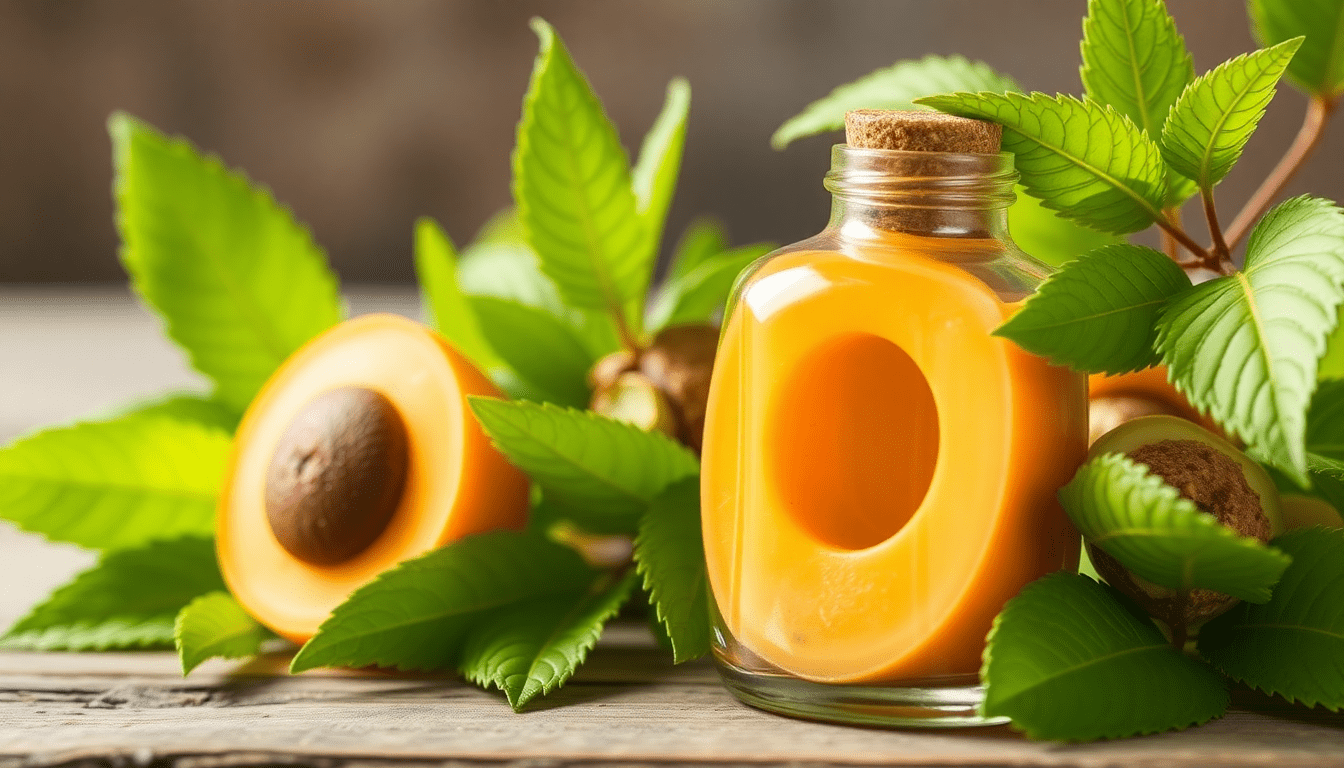
Natural Estrogen Boosters: How Diet Can Support Hormone Balance
Natural Estrogen Boosters: Can Diet Really Help? Estrogen plays a vital role in the body, especially for women. It influences... Read more
Does soy affect estrogen? When people ask about soy and estrogen levels, the answer is nuanced. Soy foods contain isoflavones, plant compounds with weak estrogen-like activity. They can bind estrogen receptors, but with far lower affinity than human estrogen, which is why many myths about soy raising estrogen or fueling hormone-sensitive conditions aren’t supported by the bulk of science. In fact, most robust studies show that typical soy consumption does not raise circulating estrogen levels and in some cases may help alleviate menopausal symptoms or support bone and heart health. Individual responses vary, largely because the gut microbiome shapes how soy isoflavones are metabolized. Some people can convert daidzein to equol, a more potent metabolite, while others cannot. This equol producer status can influence how soy affects hormones and estrogen signaling on an individual level. Across large populations, however, soy intake does not reliably elevate endogenous estrogen levels in either men or women. If you have a hormone-sensitive condition or are pregnant or nursing, it’s wise to discuss soy intake with a clinician, but the overall evidence is nuanced rather than alarmist. Gut health matters here, because the microbiome can impact estrogen metabolism and clearance through enzymatic activities that influence enterohepatic recirculation. This is where InnerBuddies brings a unique advantage. Our Gut Microbiome Health Index (0–100) provides a single, comparative snapshot of overall gut health based on an exclusive collaboration with EAFIT University in Colombia. You can also see how your top 40 bacteria stack up against a healthy cohort, and how your bacterial functions map to positive or negative metabolic pathways. With Target Group analysis tailored to topics such as Healthy Aging, Endurance Sport, and Skin & Hair Health, you can zero in on the functional areas most relevant to hormonal balance and how soy and estrogen levels may interplay in your own physiology. Plus, personalized nutrition advice drawn from your 3-day food diaries helps tailor recommendations around soy-containing foods to your unique gut microbiome, along with personalized probiotic and prebiotic guidance. InnerBuddies also provides gut test solutions directly to consumers, and all of the options we offer to B2B partners are available to individual customers as well. If you’re curious to explore how testing can illuminate your gut–hormone relationship, visit the InnerBuddies product page: InnerBuddies product page. To keep up with ongoing support and health insights, check out the InnerBuddies subscription page. If you’re a company interested in partnership opportunities, more details are on the InnerBuddies B2B page.

Natural Estrogen Boosters: Can Diet Really Help? Estrogen plays a vital role in the body, especially for women. It influences... Read more